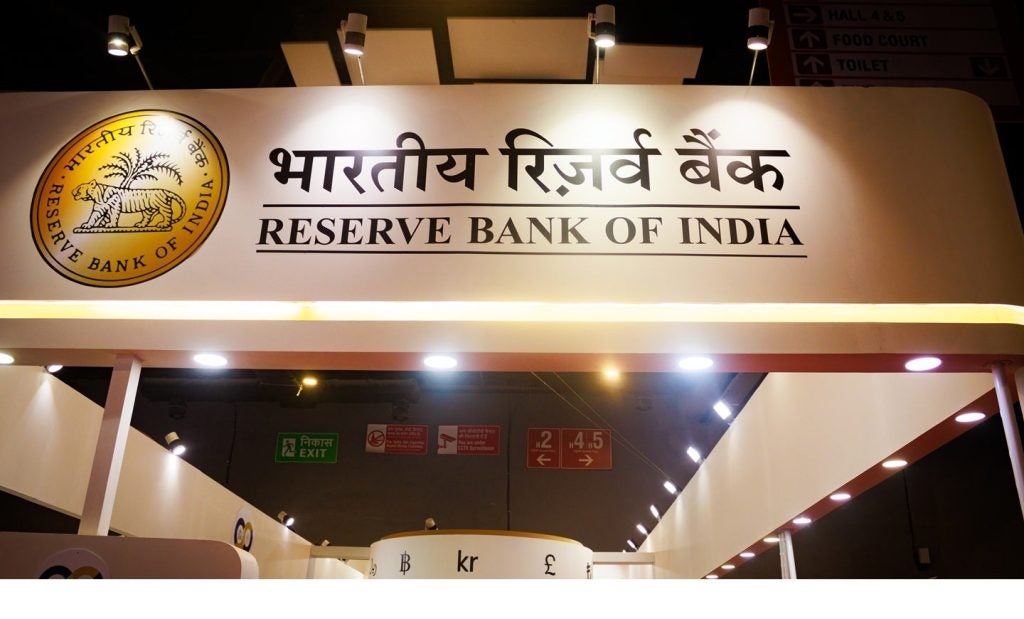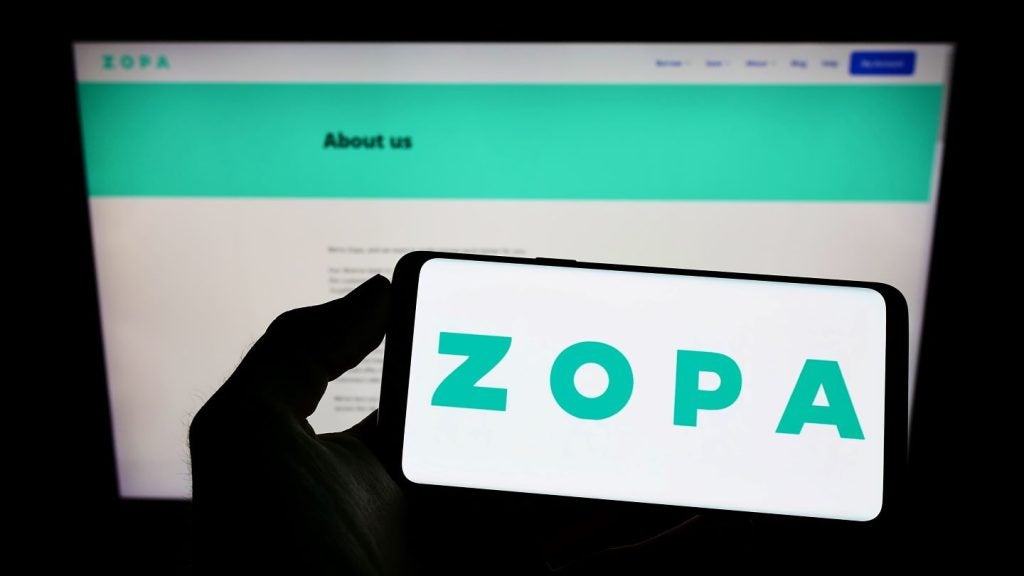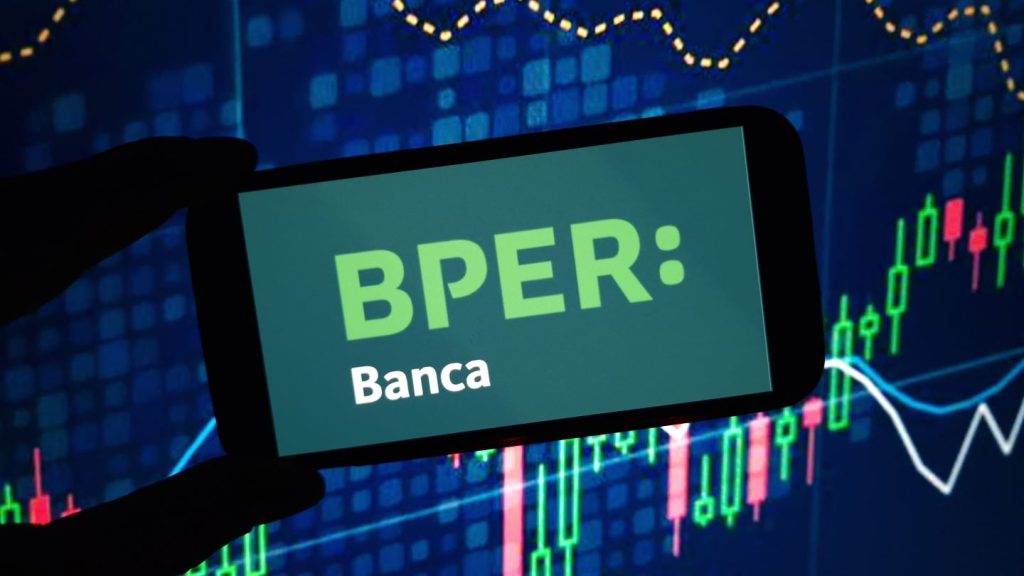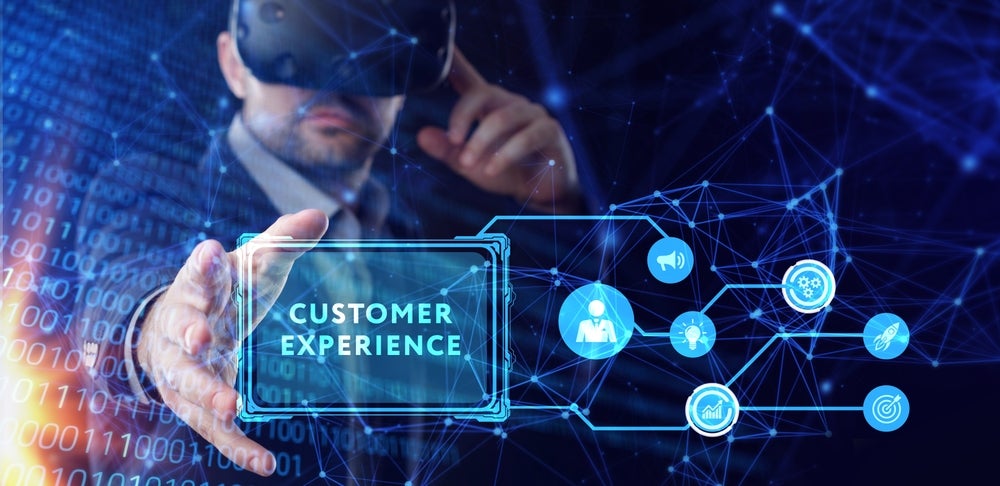Access to microfinance is undergoing significant change, both from a demand and supply perspective, but the most significant challenge to its long term success will be the ability to create a self-sustainable model of financing, argues José Francisco de Conrado, chairman of MicroBank
The word microcredit is generally associated with the extension of very small loans to borrowers in impoverished countries, usually aimed at creating sustainable sources of self-employment in specific sectors such as agriculture. However it remains an important, if less explored, source of funding in the developed world.
In particular, in the aftermath of the global financial crisis, microcredit has a significant role to play in helping the revival and sustainability of the SME sector. Having been the engine of job creation over the past decade, responsible for creating 85% of the new jobs within the EU from 2002-2010, the entrepreneurial sector today faces numerous challenges. These include lower revenues due to fall in demand, greater losses due to an increase in late repayment rates and reduction in traditional sources of credit which is needed to fund future growth.
The situation is exacerbated by the changes in the banking sector, one of the major sources of funding for SMEs. These changes are leading to the evolution of banking models which are partly a result of regulatory requirements which require banks to hold more capital, and partly a result of the restructuring and consolidation of the banking sector which we have seen across the eurozone and in particular in the Spanish market since the onset of the global financial crisis.
Looking at Spain, in particular, the impact of the restructuring of the banking sector has led to the disappearance of almost all savings banks which were the main contributors to the microfinance activity through their social welfare programs.
Consequently, the microcredit landscape has experienced an evolution resulting in fewer participants now championing a different model of sustainable banking where MicroBank is playing a special role as the institution that grants the majority of microcredits in Spain.

US Tariffs are shifting - will you react or anticipate?
Don’t let policy changes catch you off guard. Stay proactive with real-time data and expert analysis.
By GlobalDataThis model which is being promoted by CaixaBank’s MicroBank no longer acts as merely a play on social inclusion, but places microcredit at the heart of the lending process, as an essential funding instrument for entrepreneurs, leading to employment and growth creation as well as social integration.
MicroBank in numbers
MicroBank, a social bank 100% owned by CaixaBank, was created in 2007 to channel the financial group’s microcredit activities which until then were part of "la Caixa"’s Welfare Projects. The decision to create a dedicated bank was made with the view to developing microcredit as both an economic and social activity but within the parameters of rigour and sustainability which are inherent to a bank.
By meeting the needs of various segments of the population – i.e. entrepreneurs, unemployed, families – the MicroBank model occupies a unique position in the banking space and in the provision of access to high quality credit. Through its business model which is founded on sustainability, MicroBank has managed to combine the creation of social value with the resources needed to fund growing demand for microcredits.
Since its creation in 2007 and until December 2012, MicroBank has granted 169,282 micro-loans totalling over 1.045 billion, all aimed at promoting production, job creation and personal and family development.
Despite the tough economic environment, the entrepreneurial spirit in Spain has been maintained. People are willing to launch businesses to seize on a particular business opportunity, but they are also setting up businesses out of necessity due to the lack of employment alternatives. The reliance on external funding for setting up a business has also increased as the average seed capital for starting up a business in Spain has reached 30,000.
Access to microcredit is however not exclusive to entrepreneurs. There are a number of family needs of a temporary nature which may arise and require access to microcredit. This dual source of demand is reflected in the number of loans granted by MicroBank in 2012. Over 11,000 microloans went to entrepreneurs totalling 116.5 million and nearly 30,000 microloans went to families totalling 119 million.
Diversity of demand for microcredit is shaping the product offering
On a broad level, MicroBank clients are segmented into two categories: entrepreneurs and families. While access to either type of credit is provided on an unsecured basis, further segmentation ensures that different products within each category reflect the circumstances of individual clients.
Microcredit for entrepreneurs consists of loans of up to 25,000 which may be used for setting up or expanding a business. There are three lines of microcredit available to entrepreneurs: social microcredit, financial microcredit and eco-microcredit.
Social microcredit is most suitable for the financing of projects which are carried out by self-employed individuals without access to traditional credit. Such loans benefit from additional support such as free advice on how to formulate and develop a business idea.
Financial micro-loans are aimed at microenterprises and self-employed entrepreneurs who require access to credit for their projects (ie. to start, to expand or to maintain sufficient cash flow, etc), provided they have a business plan which allows MicroBank to assess the business’ feasibility. Finally, eco-microcredit is a type of business credit aimed at funding sustainable business projects committed to protecting the environment and encouraging the responsible use of natural resources.
Family and personal loans aim to meet particular needs of families or individuals that may arise. These loans of up to 25,000 are available to individuals with annual incomes of below 18,000 and range from help with housing, education and health, to help around family circumstances which may require an unexpected access to credit.
These products and services are available through CaixaBank’s 6,400 branches across Spain, but collaboration with entities such as local authorities, non-governmental organisations, and universities is providing an increasingly important channel for promoting self-employment and facilitating access to microcredit.
A sustainable future
The main challenge facing future provision of microcredit rests in the banking sector’s ability to promote social value and to create sustainable banking models that are able to generate the resources to finance their own growth. The consolidation of the banking sector in Spain has forced this transition from schemes which largely relied on outside contributions to schemes which are financially sustainable. This transition is essential to the long-term viability of microcredit not only through the current difficult times, but as a pillar for future growth.
José Francisco de Conrado, chairman of MicroBank.







